photo
Robin J
NJ
A hot dog cart (sorry, no photo)
Hot dog carts, and street vendors in general, are a fixture in New York. They allow a person to become an entrepreneur,and offer others some quick nourishment. They also speak to the melting pot that New York is: street vendors sell all kids of foods, a hallmark to the fact that people truly come here from all over the world to call New York their new home.
trap landry
brooklyn
the oyster
NY was once one of the largest oyster producers in the world. Harvesting, processing, shipping and consuming them.It was street food here before the hotdog.
chuck reinhardt
highland lakes, new jersey
sign from over the "CAFE WAH"
115 mc donald street
greenwich village
the "cafe wah" was the center of the "beat" generation in greenwich village in the 1950's and 60's.
the cafe wah was a sanctuary for the likes of bob dylan, jimi hendrix and bill cosby.
ps: it's still there, so it would be easy to borrow.................
chuck reinhardt
highland lakes, new jersey
a "whitehall street" street sign
whitehall street was whare the u.s. army's draft board was, where thousands were drafted to fight in the war in vietnam.
made famous by arlo guthrie's song, "alice's restaurant".
chuck reinhardt
highland lakes, n.j.
"1955 brooklyn dodger baseball ticket stub"
1955, the brooklyn dodgers "boys of summer" defeated the new york yankees for the first time in the world series.
the dodgers moved over 53 years ago, yet they are still beloved and missed.
you may want to add a brooklyn cap, dodger jacket, uniform, program, and a bat used by jackie robinson. and maybe a seat from ebbits field.
Phyllis Herfield
Manhattan
Oysters, oyster shells.
The City is built on them; it was a nineteenth century staple.
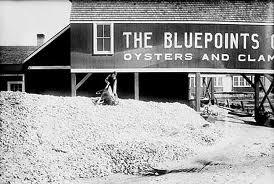
Nick
Bronx
Spud Wrench (sometimes called construction wrench)
The spud wrench is the iconic tool of structural Ironworkers. New York City is a city built out of steel and it's beautiful skyline is made possible by steel framed structures. Everyone knows the picture of the Ironworkers sitting on a beam, and everyone equates it with NYC. What people don't realize is this isn't an outdated proffesion but that Ironworkers are still walking on steel in the sky and building and repairing our city.
Richard Estock
Woodbridge, New Jersey
The construction of the tubes of the Hudson & Manhattan Railroad that linked Manhattan with New Jersey.
It is the engineering feat of the H&M tubes which I nominate for New York in 10 Objects. It is important to note the tubes are not tunnels. The tubes still stand today, in continuous use for more than 100 years.
While New York Central Railroad owner Cornelius Vanderbilt may have uttered "The public be damned," H&M President William McAdoo said "The public be pleased," and they were.
Beth Shipley
Brooklyn
One: Number 31, Jackson Pollock, Museum of Modern Art
It is a bold, elegant, raw and energetic painting that broke all the rules and changed the course of art history. A perfect symbol for the city we love.
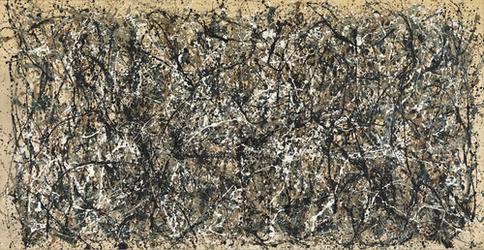
William Soghor
Manhattan
The Diego Rivera mural painted for Rockefeller Center (1933?). I imagine that it was saved (rather than destroyed as it was in 1934).
The mural with its anti-capitalist ideology painted at the height of the Great Depression tells a piece of our history, and like so many of the objects in the series, it tells the story of a clash of classes within a society.
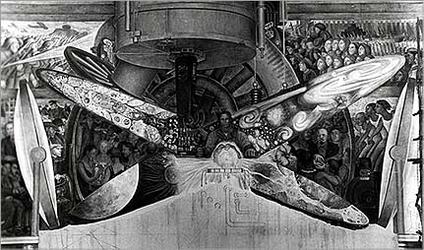
Richard Estock
Woodbridge, New Jersey
The early subway lines -- BMT, IRT and the IND.
I do not believe any development in the history of NYC did more to unite the five boroughs while offering incredible mobility to its residents.
Richard Estock
Woodbridge, New Jersey
The Brooklyn Bridge.
It united Brooklyn with Manhattan and was one of the major developments in the unification of all the boroughs of New York City.
chuck
highland lakes new jersey
"african slave head stone", found in lower manhattan a few years ago
many head stones were uncovered. maybe one can be borrowed for the museum.
this defines the early history of manhattan. how slaves were used, by the dutch, british and americans, to build the early foundations of the city.
Michael Devlin
Farmingdale
Spaldeen. These were the most popular pink rubber balls of their day. Spaldeen is how you pronounced it, but the ball said Spalding Hi-Bounce Ball.
If you came out of your house as a child, you know "Spaldeens" and the dozens of games you played with them. Tougher than asphalt and brick walls, the ball of choice in New York City neighborhoods. Stickball, slap-ball, punch-ball, handball, box-ball, the "I declare war!" ball. It wouldn't mark a parked car, only direct hits would break windows, easy to spot when it got in the tomato plants, it attained the stratosphere off a stickball bat, could be caught with or without a baseball glove and smelled nasty when it split in two!
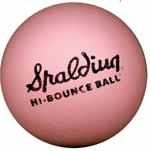
Theresa Beyer
New Rochelle
The Museum of Modern Art
MOMA represents the importance that New York City has in the history of modern art. In the mid 20th century New York was the center of the art world without question.
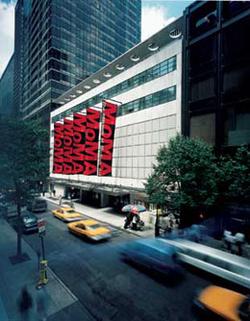
Theresa Beyer
New Rochelle
Dumbbell tenement
The dumbbell tenement was a result of the Tenement House Act of 1879 which required that every habitable room have access to air. Dumbbell tenements are symbolic both of the waves of immigrants who gave life to NYC, but also to the philanthropist who made it their business to improve the quality of life of the poorest residents of the city.
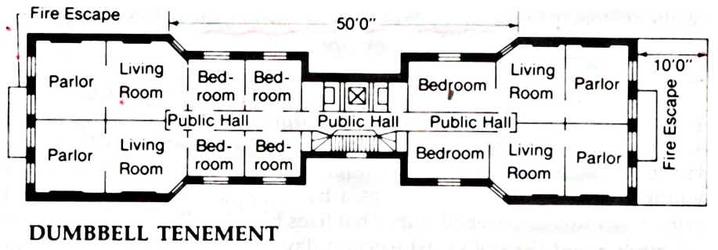
Susan taylor
United States
A piece of bedrock.
New York is built on the mighty bedrock. Bedrock has enabled this small island to expand upward and now our city is the greatest city in the world!
Theresa Beyer
New Rochelle
Subway Token
- it's important for all the reasons the subway car is, but also the ease and speed of paying is part of city life. And you could change the fare without changing the machine. Subways helped New York spread and gave the middle classes places to live and allowed the city to grow by making commuting possible.
Douglas Ruff
Long Island
Ticker tape
What better symbol of the heart of the financial district. The first stock ticker system using a telegraphic printer was invented by Edward A. Calahan in 1863 and used in New York City in 1867. Ticker tape in the form of confetti is also a symbol of all the parades honoring our heroes or events like the end of a World War in the Canyon of Heroes in lower Manhattan.
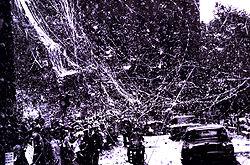
Kate
Queens
(1)How about a white clay pipe from the Dutch.(2)Something representing the early Sephardic Jews A shell midden or wampum belt from the native americans.(4) The Bownehouse in Flushing. (5)The Statue of Liberty.
(1)The white pipes were numerous and every day objects, and very Dutch.(2)Because they were the start of us being an important cosmopolitan city(3)Northeast Queens was the wampum center of the Ireqois nation. (4) to represent the importance of agriculture and domesticity as well as commerce.(5)
Give me your tired your poor...

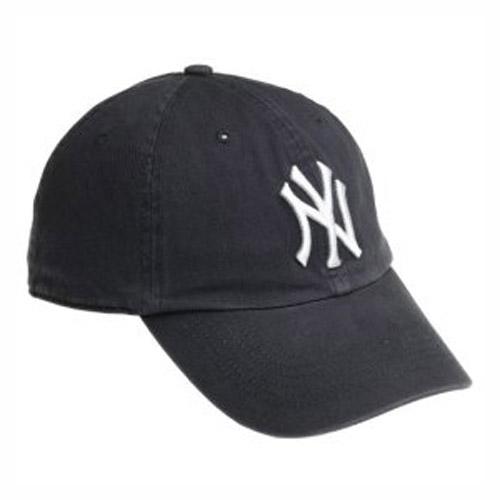
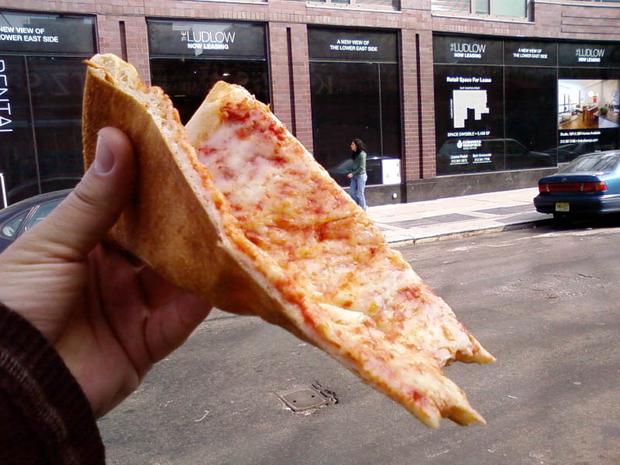
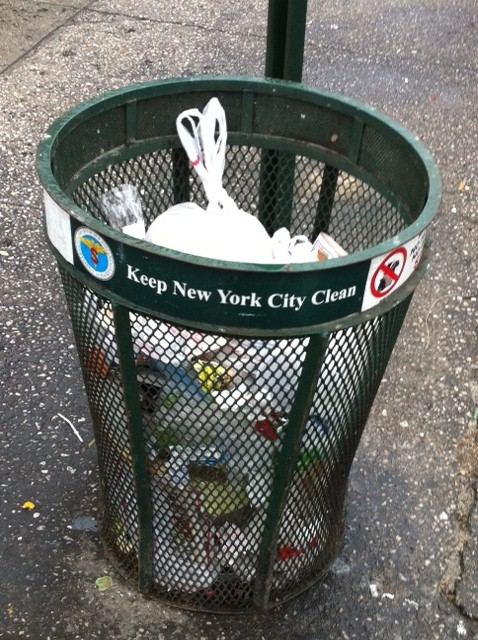
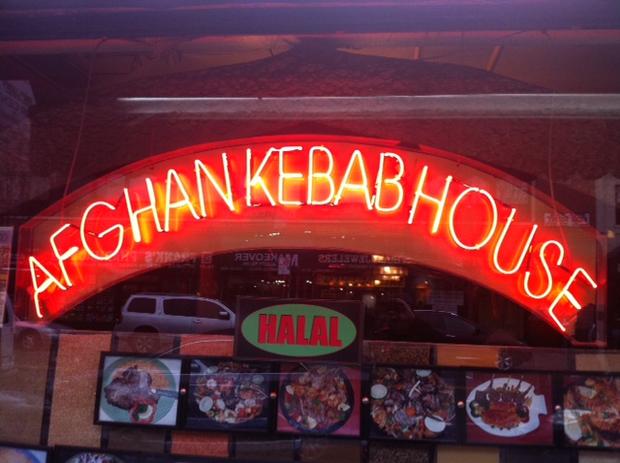
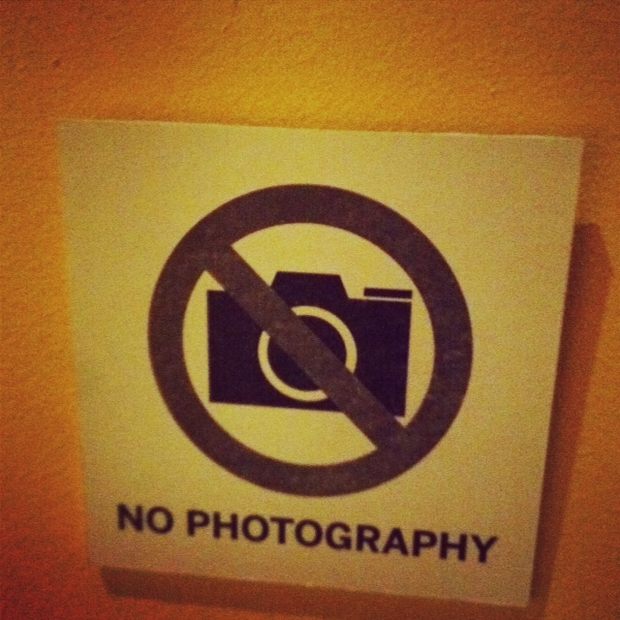
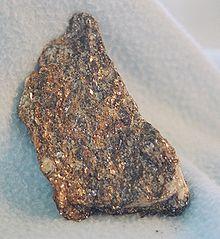
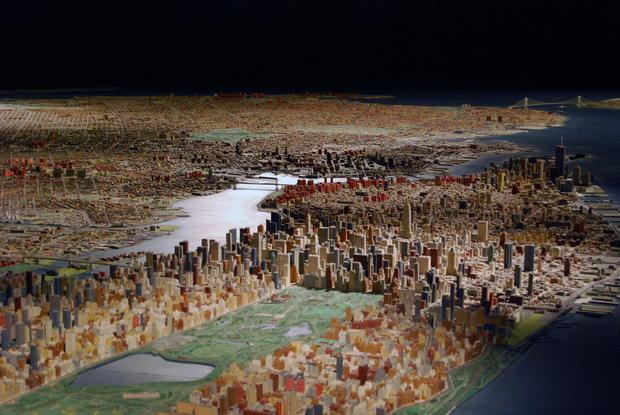
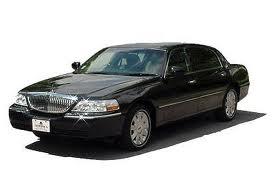
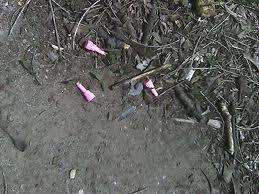
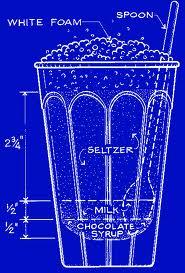
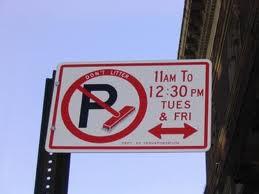

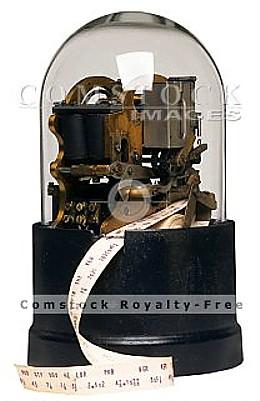
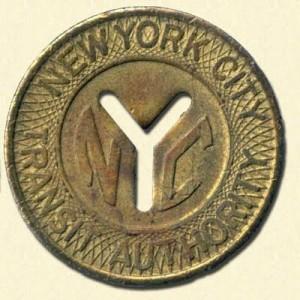
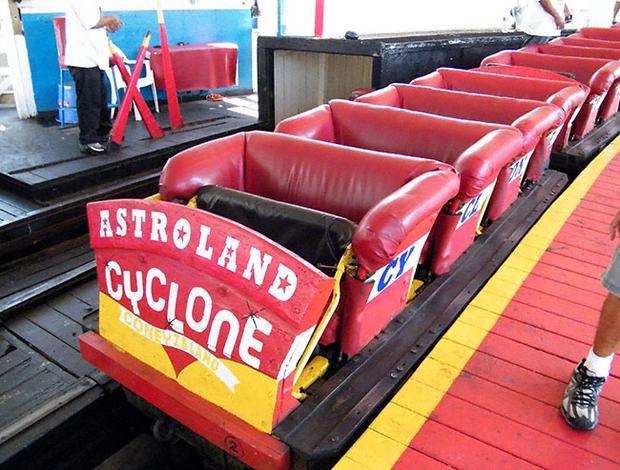
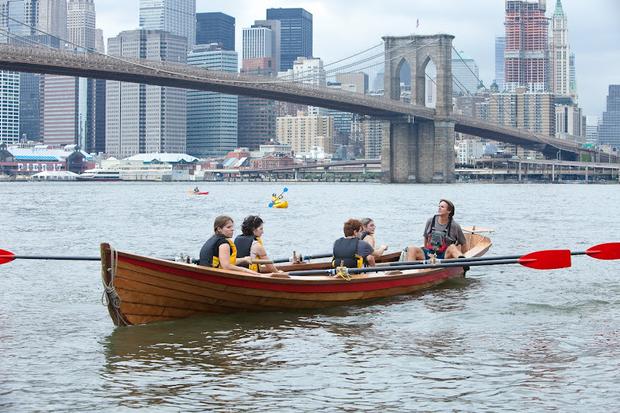
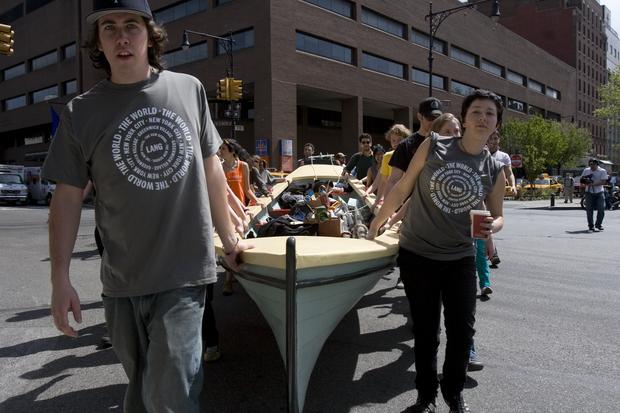
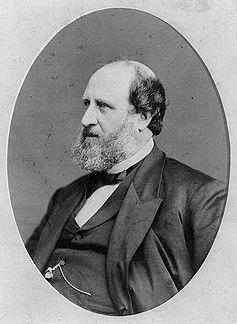
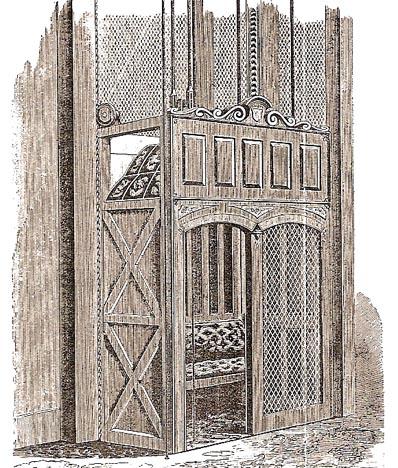
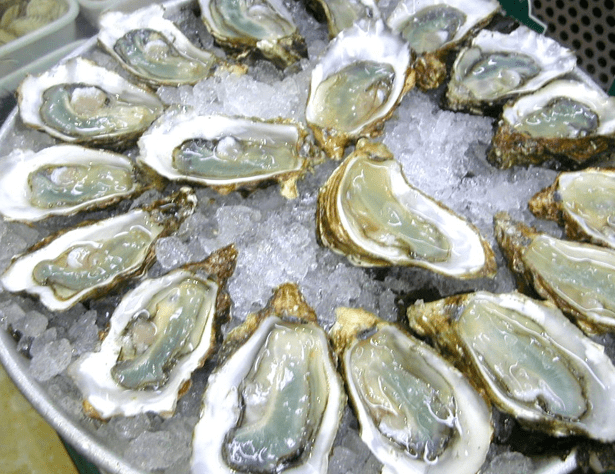
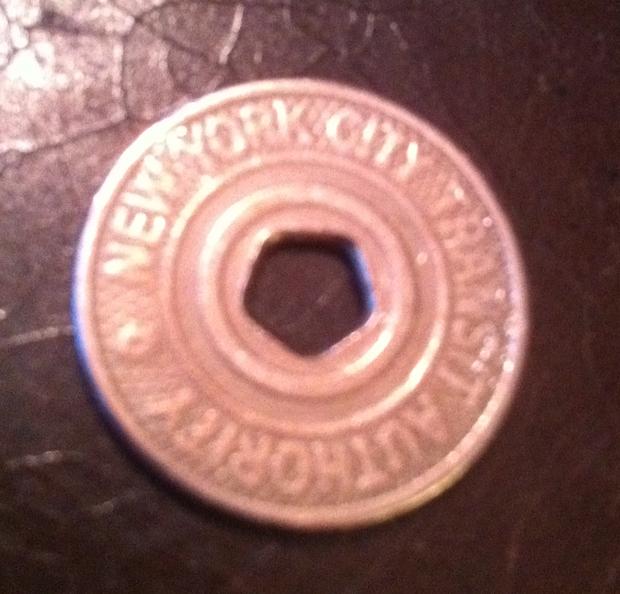
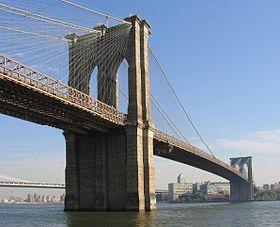




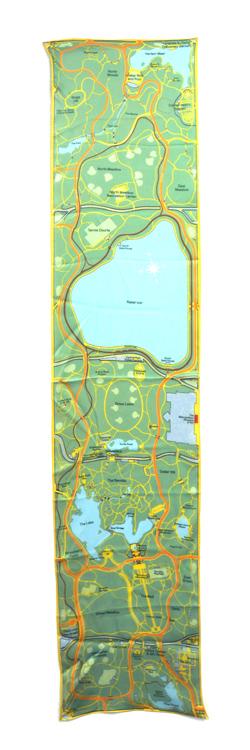

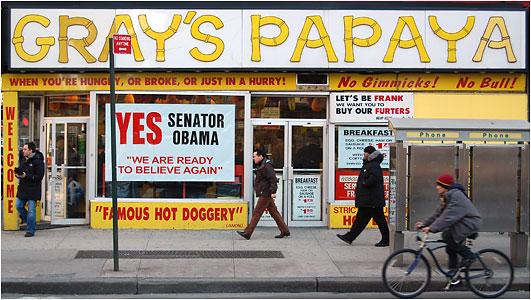
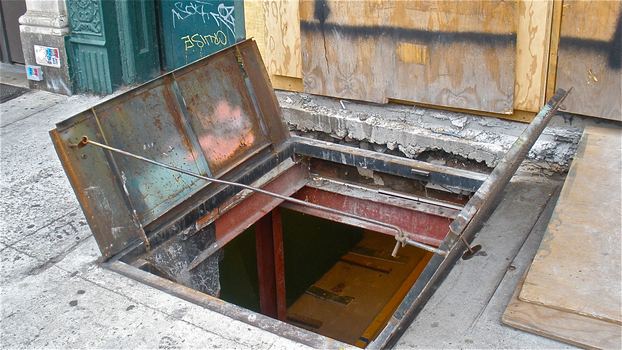
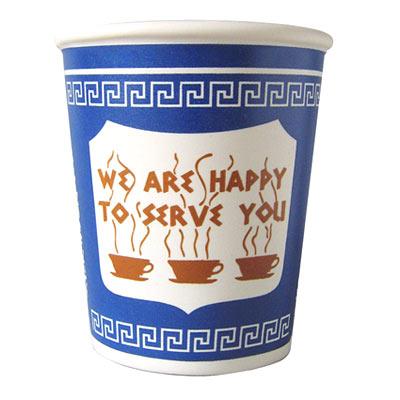
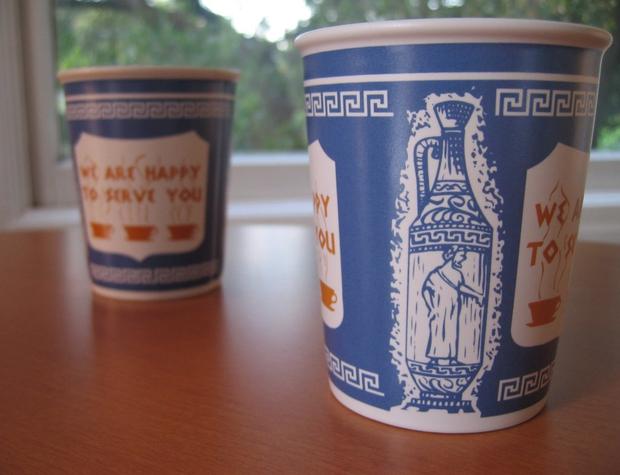
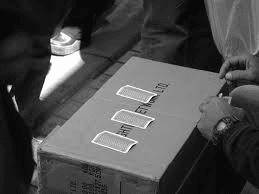
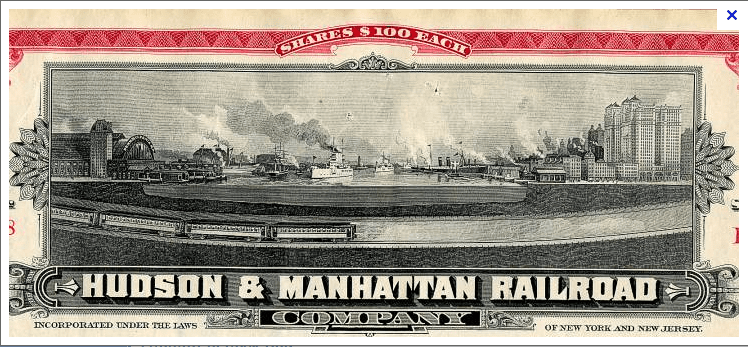

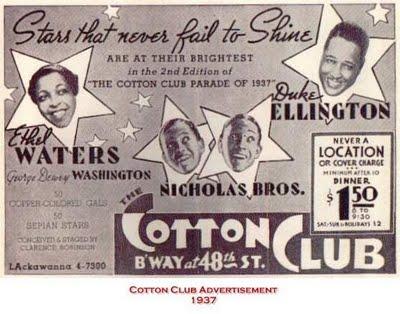

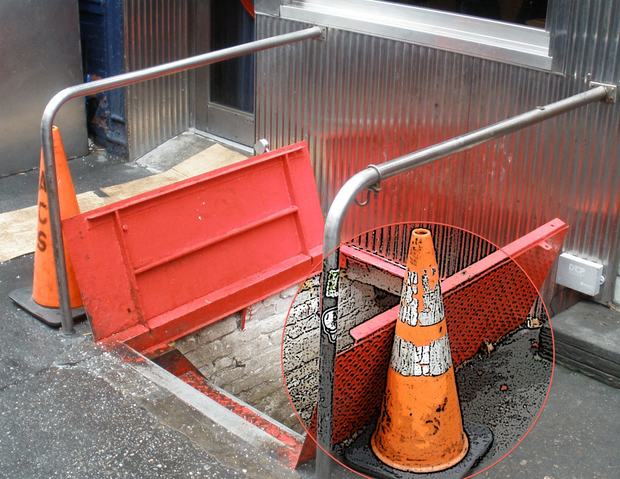
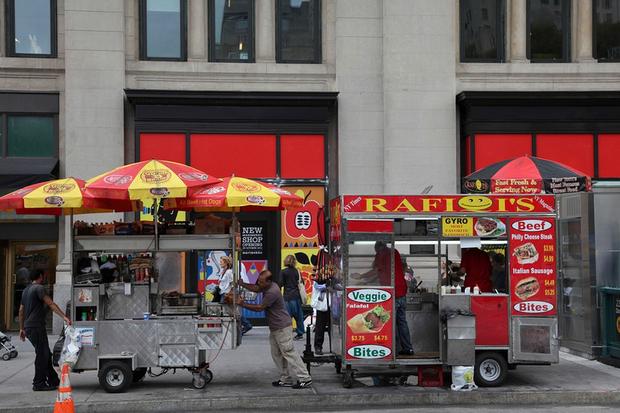
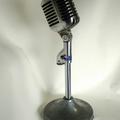
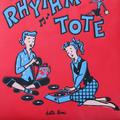
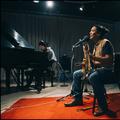
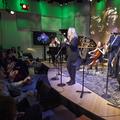
Leave a Comment
Email addresses are required but never displayed.